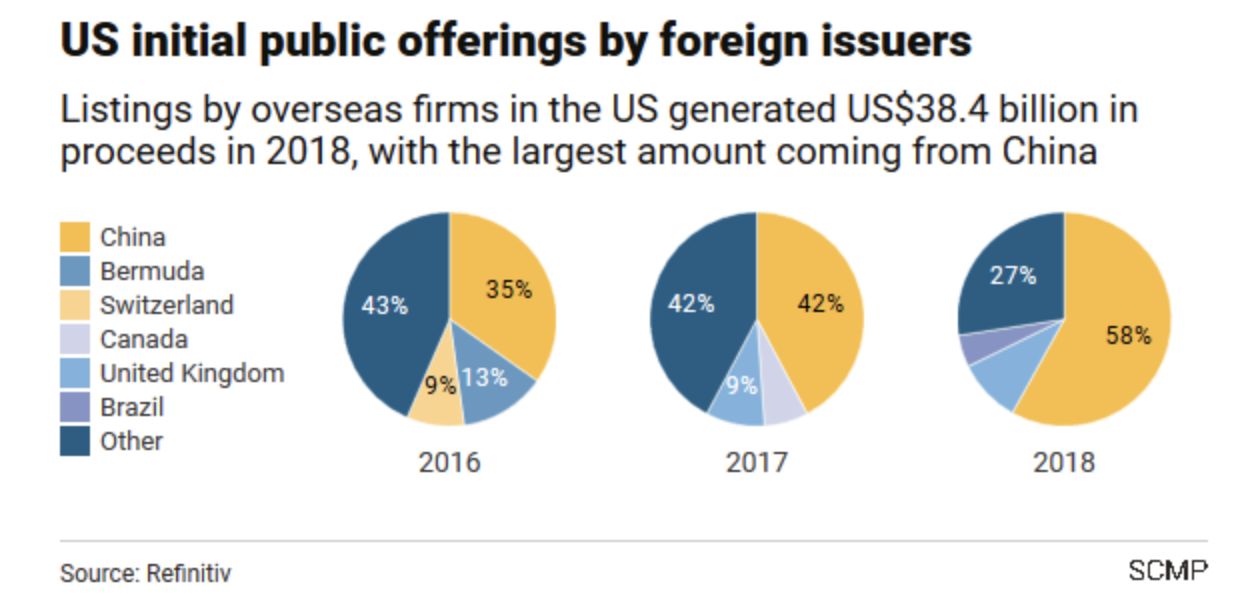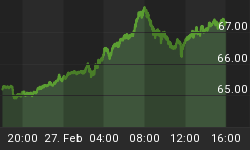American exceptionalism remains alive and well, with anti-China rhetoric now having reached boiling point. It’s a bit of an existential quagmire. A few decades back, nurturing better relations with China was a bipartisan issue in Washington beginning with former President Richard Nixon's history-making visit to Beijing in 1972. Yet, cracks in bilateral trade relations started to appear when former Secretary of State Hillary Clinton launched the “rebalancing” initiative in 2010, a strategy devised to contain the rapid rise of China into an industrial, manufacturing and economic powerhouse over the past two decades.
Things have rapidly gone south under Trump, who has not only introduced punitive tariffs on nearly half of all Chinese-made goods imported into the U.S. but also threatened to impose levies on virtually all imports from the Asian nation.
As expected, right-wing politicians have played their part fanning the anti-Beijing flames.
Outspoken former Trump adviser Steve Bannon has been more vocal than most, repeatedly calling for an ‘all-encompassing war’ against China. Funny thing is that U.S. politicians, rarely known to find a common ground on many important issues, seem to be mostly reading from the same page. It’s not just pro-Trump politicians who are baying for China’s blood--in recent years, bipartisan consensus has swung hard against Beijing with opposition lawmakers calling on Trump to adopt an even harder approach.
And now Washington could be contemplating doing the erstwhile unthinkable—for better or for worse, shutting out Beijing from its capital markets. None other than Bannon himself has called for China to be restricted from American markets until the country agrees to reforms.
Keeping China out
In April, a bipartisan group of about three dozen congressmen and senators urged the state, treasury and commerce departments to strengthen disclosure requirements to alert investors about Chinese companies that pose national security risks or those found to be complicit in human rights abuses:
“Americans would likely be very troubled, if not outraged, to learn that their retirement and other investment dollars are funding Chinese companies with links to the Chinese government’s security apparatus and malevolent behaviour – links that represent material, asymmetric risks to corporate reputation and share value,” the lawmakers said.
A bipartisan bill sponsored by Republican senator Marco Rubio has proposed delisting of Chinese firms that decline to open up their audits to U.S. regulators.
Related: Is This A Turning Point For Gold?
Yet, any serious moves to restrict China’s access to America’s financial markets would be a dramatic escalation of the ongoing trade war and mark a stark shift from a key tenet that has driven huge gains for U.S. markets--the free flow of capital, and go counter to Beijing’s own drive to open up its financial markets more.
China is the biggest foreign player in America’s capital market. In 2018, overseas listings generated nearly $40 billion with China accounting for nearly 60 percent of that. Since 2013, a total of 101 Chinese companies have listed on American exchanges, raising about US$46.1 billion.
Beijing is also the largest owner of U.S. debt with Treasuries worth about $1.12 trillion.

(Click to enlarge)
Source: South China Morning Post
A very likely outcome of banning China from U.S. financial markets would be China retaliating in kind. China certainly has plenty of levers to pull and would not hesitate to use them. A lot has been said about China’s reluctance to use nuclear options including dumping U.S. debt, banning rare earth exports to the U.S. or even orchestrating boycotts of iPhones and other American goods. To be sure, weaponizing its vast holdings of American debt would likely deplete its own financial reserves, deflate the economy and dent the country’s image as a responsible actor. Yet, such a "rip your nose off" strategy could potentially hurt the U.S. quite badly as well, with the resultant yield spikes putting a damper on an already slowing economy.
In the event that the U.S. actually banned China from its financial markets, it would probably end up gifting offshore markets such as the Hong Kong Stock Exchange new business. HKSE changed its listing rules last year to encourage more listings by tech companies with weighted voting rights as well as pre-revenue biotech firms.
In the end, both countries would end up being the biggest losers in such a dramatic showdown. Hopefully, all those threats will remain idle bluster with Bob McCooey, senior vice-president at New York’s Nasdaq stock exchange, recently dismissing Bannon’s calls as ‘discredited.’
By Josh Owens for Safehaven.com
More Top Reads From Safehaven.com:

















Nobody seems to consider that posibility, why ?